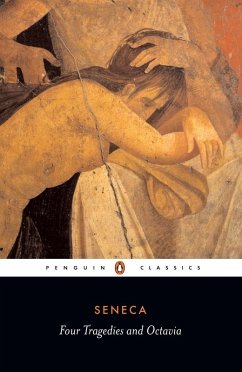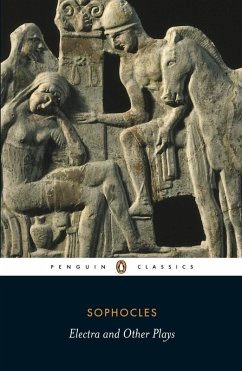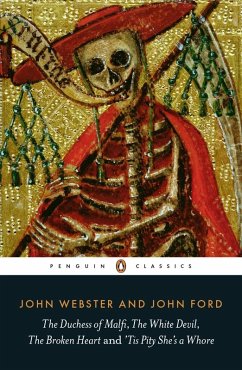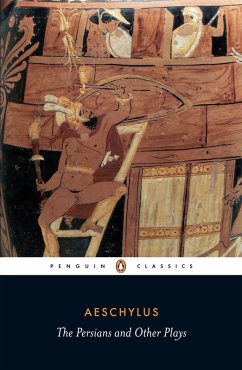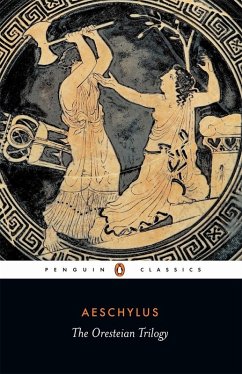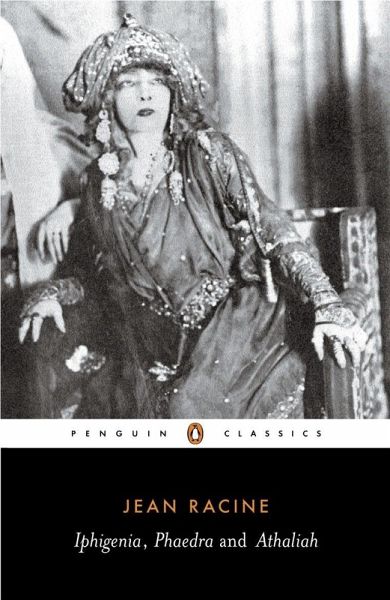
Iphigenia, Phaedra, Athaliah (eBook, ePUB)
Versandkostenfrei!
Sofort per Download lieferbar
9,49 €
inkl. MwSt.
Weitere Ausgaben:

PAYBACK Punkte
0 °P sammeln!
Strongly influenced by Classical drama, Jean Racine (1639-99) broke away from the grandiose theatricality of baroque drama to create works of intense psychological realism, with characters manipulated by cruel and vengeful gods. Iphigenia depicts a princess's absolute submission to her father's will, despite his determination to sacrifice her to gain divine favour before going to war. Described by Voltaire as 'the masterpiece of the human mind', Phaedra shows a woman's struggle to overcome her overwhelming passion for her stepson - an obsession that brings destruction to a noble family. And At...
Strongly influenced by Classical drama, Jean Racine (1639-99) broke away from the grandiose theatricality of baroque drama to create works of intense psychological realism, with characters manipulated by cruel and vengeful gods. Iphigenia depicts a princess's absolute submission to her father's will, despite his determination to sacrifice her to gain divine favour before going to war. Described by Voltaire as 'the masterpiece of the human mind', Phaedra shows a woman's struggle to overcome her overwhelming passion for her stepson - an obsession that brings destruction to a noble family. And Athaliah portrays a ruthless pagan queen, who defies Jehovah in her desperate attempt to keep the throne of Jerusalem from its legitimate heir.
Dieser Download kann aus rechtlichen Gründen nur mit Rechnungsadresse in A, B, BG, CY, CZ, D, DK, EW, E, FIN, F, GR, HR, H, IRL, I, LT, L, LR, M, NL, PL, P, R, S, SLO, SK ausgeliefert werden.




